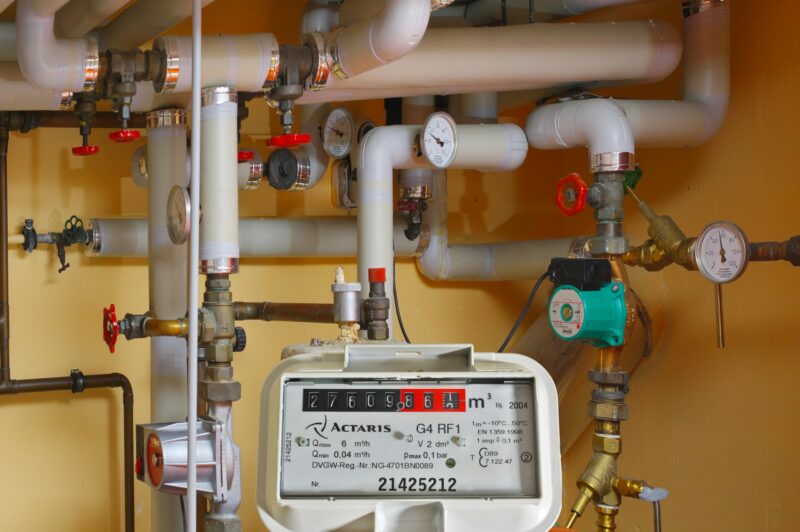Ofgem, the UK regulator for energy, announced the new January 2024 energy price cap yesterday. The new price cap, which is effective from the 1st of January next year, sets the maximum per-unit cost energy suppliers can charge customers on a variable energy tariff.
Read on for our breakdown of the January 2024 energy price cap and how it will affect your bills.
What will the January 2024 energy price cap be?
The energy price cap limits the per-unit cost of gas and electricity but is usually shown as the average household’s annual bill. From January 1st, the new price cap will be £1928 for this typical household.
This is a 5% increase on the current price cap, in place since the beginning of October. A 3-4 person household should expect to pay around £7.83 a month more for their gas and electricity from January, compared to their current bill.
The £1928 price cap applies to customers who pay their bills via direct debit, the most common method in the UK. If you have a pre-payment meter fitted, you fall under a slightly higher price cap of £1960. For customers who pay on receipt of their bill, the price cap is £2058.
How will the January 2024 energy price cap work?
Each energy supplier will adjust their prices so that a typical user will pay the same or less than the price cap. Most suppliers have kept their prices at the maximum allowed by the price cap, with a few offering variable tariffs that track slightly below the price cap to existing customers.
Your energy bill will still be based on the amount of gas and electricity that you use. Your total bill is based on the energy you use multiplied by your unit rates, plus the standing charge.
This means that your annual bill might still be higher than £1928 despite the price cap, based on the amount of energy you use.
Will the new price cap affect my bills?
The new price cap will apply to all customers on standard variable energy tariffs. Under a standard variable tariff, the energy price cap determines how much your supplier can charge. This can go up or down each quarter based on the wholesale price of energy.
These tariffs are susceptible to sudden changes based on global events, as we saw during the recent energy crisis.
Customers on fixed-rate energy tariffs will not see their rates increase in January. They’ll continue to pay the same amount for each unit of gas and electricity until the end of their current agreement.
If you’re not sure which kind of tariff you’re on, check your most recent energy bill for the name of your plan – it should tell you whether your rates are fixed or variable. If you’re still not sure, reach out to your energy supplier who’ll be able to confirm with you.
Calculating your new bills
We’ll be updating our bills calculator closer to the beginning of January to help you estimate your bills in 2024. In the meantime, read more about how your other bills will change in 2024, including, water, Council Tax and broadband, here.
How much will my bills be? Find out with our Utility Bill Calculator ›
Read more about energy in the UK:













